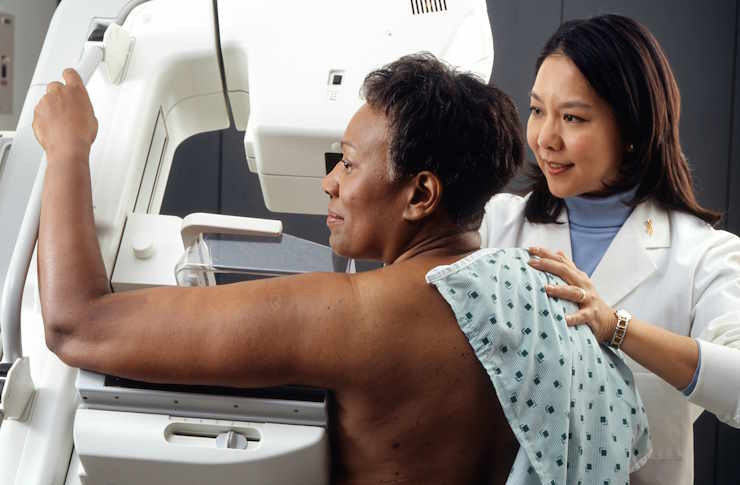Living with Colon Cancer: A Comprehensive Guide
Colon cancer remains one of the most significant health challenges worldwide, yet medical advances have transformed our ability to detect, treat, and prevent this condition. Understanding its complexities is crucial for both prevention and management. From cutting-edge treatments to lifestyle modifications, this comprehensive guide explores the latest developments in colon cancer care and prevention strategies.

What are the Innovative Treatment Approaches for Colon Cancer?
The landscape of colon cancer treatment has evolved significantly in recent years. Innovative approaches now include targeted therapies, immunotherapy, and precision medicine. Targeted therapies focus on specific genetic mutations within cancer cells, offering more effective and less toxic treatment options. Immunotherapy harnesses the power of the patient’s immune system to fight cancer cells, showing promising results in certain cases.
Precision medicine tailors treatment plans based on the genetic profile of the tumor, allowing for more personalized and effective care. Additionally, minimally invasive surgical techniques, such as laparoscopic and robotic-assisted surgeries, have reduced recovery times and improved patient outcomes.
Why do Early Warning Signals Matter in Colon Cancer?
Recognizing early warning signals is crucial for timely intervention and improved prognosis. Common symptoms include persistent changes in bowel habits, rectal bleeding, abdominal discomfort, and unexplained weight loss. However, it’s important to note that these symptoms can also be associated with other conditions.
Early detection often leads to less invasive treatments and better survival rates. Individuals experiencing any persistent symptoms should consult their healthcare provider promptly. Regular check-ups and open communication with medical professionals are essential for catching potential issues early.
How can Prevention Through Lifestyle Choices Impact Colon Cancer Risk?
Lifestyle choices play a significant role in colon cancer prevention. A diet rich in fruits, vegetables, and whole grains, while low in processed and red meats, can significantly reduce risk. Regular physical activity is also crucial, with studies showing that exercise can lower colon cancer risk by up to 25%.
Maintaining a healthy weight, limiting alcohol consumption, and avoiding tobacco use are other important preventive measures. These lifestyle choices not only reduce colon cancer risk but also contribute to overall health and well-being.
Why is Screening Considered the Cornerstone of Colon Cancer Prevention?
Screening is paramount in colon cancer prevention and early detection. Regular screenings can detect precancerous polyps, which can be removed before they develop into cancer. The most common screening method is colonoscopy, recommended for adults starting at age 45 or earlier for those with higher risk factors.
Other screening options include fecal immunochemical tests (FIT), stool DNA tests, and virtual colonoscopies. The choice of screening method depends on individual risk factors and preferences, but the importance of regular screening cannot be overstated in the fight against colon cancer.
What is The Role of Genetic Factors in Colon Cancer?
Genetic factors play a significant role in colon cancer risk. Approximately 5-10% of colon cancers are hereditary, with conditions like Lynch syndrome and familial adenomatous polyposis (FAP) significantly increasing risk. Individuals with a family history of colon cancer or related cancers should discuss genetic counseling and testing with their healthcare provider.
Understanding one’s genetic risk can inform screening schedules and preventive measures. For those with identified genetic mutations, more frequent screenings and sometimes preventive surgeries may be recommended to manage risk effectively.
What are the Current Treatment Options and Their Costs?
Treatment options for colon cancer vary depending on the stage of the disease and can include surgery, chemotherapy, radiation therapy, and targeted therapies. The cost of treatment can vary significantly based on the specific approach and duration of care.
| Treatment Type | Average Cost Range | Key Considerations |
|---|---|---|
| Surgery | $30,000 - $100,000 | Depends on complexity and hospital stay |
| Chemotherapy | $30,000 - $150,000 | Per treatment course, varies by drugs used |
| Radiation Therapy | $20,000 - $80,000 | Depends on duration and type of radiation |
| Targeted Therapy | $50,000 - $200,000+ | Annual cost, can be significantly higher |
Prices, rates, or cost estimates mentioned in this article are based on the latest available information but may change over time. Independent research is advised before making financial decisions.
Living with colon cancer involves navigating complex medical decisions, managing treatments, and adapting to lifestyle changes. While the journey can be challenging, advancements in treatment options and preventive strategies offer hope and improved outcomes for many patients. Regular screenings, early detection, and a proactive approach to health remain the most effective tools in combating colon cancer. As research continues to progress, the future holds promise for even more effective treatments and prevention strategies.
This article is for informational purposes only and should not be considered medical advice. Please consult a qualified healthcare professional for personalized guidance and treatment.




